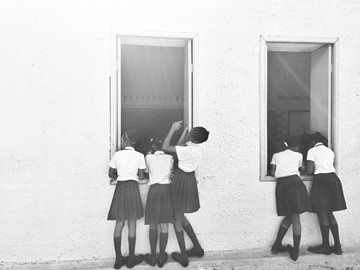The Ultimate House Viewing Checklist for Buyers
06 Jan
Please wait...
29 Jul

Photo: Courtesy of @bostrom.ingrid
Dominica takes action to preserve and promote Kwéyòl, one of many Creole variants spoken on more than a dozen Caribbean islands. Creole is a centuries-old language created by Africans who melded their original tongues with those of the European plantation owners who held them in slavery (apnews.com).
The version spoken in Dominica and nearby Saint Lucia originally mingled African languages with the French spoken by the first colonists and occasionally a bit of the Indigenous language. Dominica was a French colony for 48 years and then a British one for 215 years, which also led to the rise of English Creole on that island (apnewnews.com).
As Hubert Devonish, a Jamaican linguistics professor and member of the International Center for Caribbean Language Research, explains, "Some people abandoned Creole languages to escape poverty and discrimination, while some of the educated elite eventually seized upon them as symbols of national identity and campaigned for them" (apnews.com).
Devonish goes on to say that in many Caribbean nations, "there is a broad acceptance that to participate in national life, you have to talk the languages of the people" (apnews.com). However, this has not happened in Dominica (apnews.com). According to Devonish, "Up until now, you can be Dominican without being able to speak Creole...Dominica has ended up in a serious situation of language loss" (apnews.com).
Officials in Dominica are working to turn around this language loss. An island of some 75,000 people, Dominica has started teaching Kwéyòl in 16 of the island's 56 primary schools this year in brief snippets: "A five-minute pause for the Creole cause" (apnews.com).
According to Charlene White-Christian, modern language coordinator for Dominica's Ministry of Education, "Students learn the language's roots and simple words and phrases and some compete in a spelling bee introduced 11 years ago...We view the language as part of our culture. It's nothing without the language" (apnews.com).
Sources:
apnews.com
thecaribbeannewsnow.com